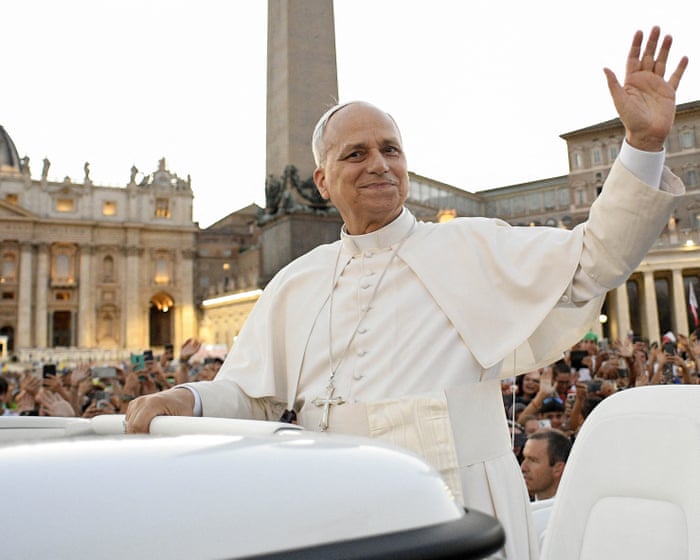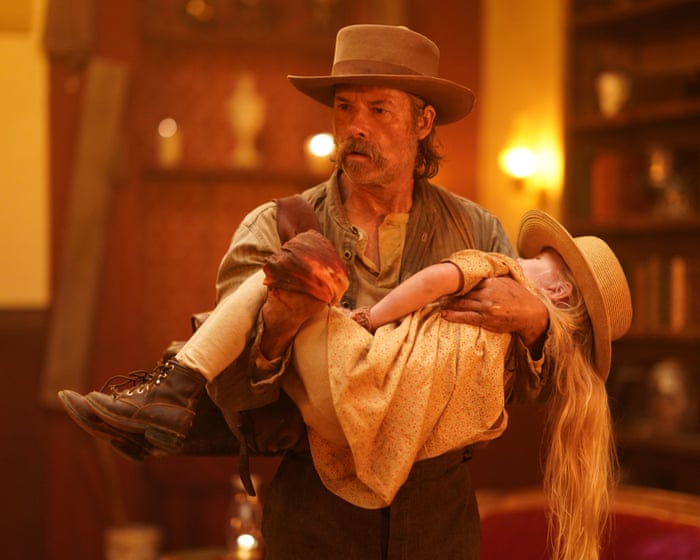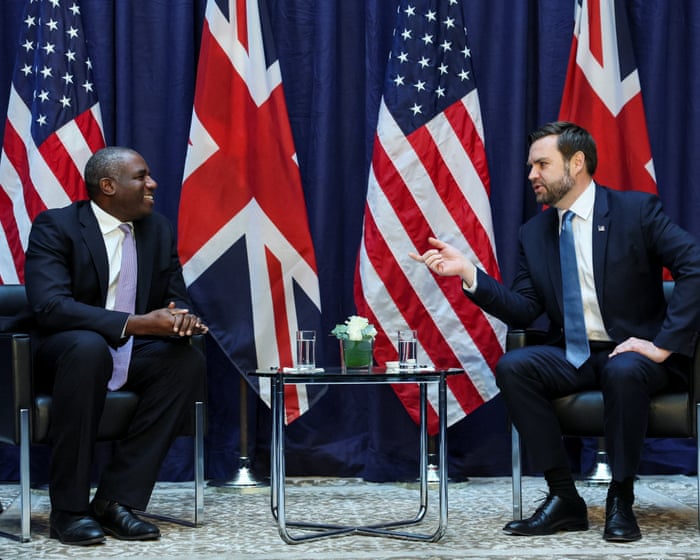Just days after being elected pope in May, Leo XIV surprised everyone by visiting the Augustinian order’s headquarters in Rome in a black Volkswagen minivan with tinted windows. Not only was he the first American pope, but his small religious order—which he had led for 12 years as Cardinal Robert Prevost—had also produced its first-ever pontiff in Catholic history. Still adjusting to his new role, he felt a strong urge to reconnect with his fellow Augustinians.
Over lunch, Leo spoke about the sudden shift in his life and how he would have to give up simple pleasures like driving or taking casual walks. “He seemed tense on TV, so it was good to see him more relaxed,” said Pasquale Cormio, rector of Rome’s Basilica of St. Augustine, who had trained with Leo. “He understood the weight of his position but told us, ‘I promise, I’ll always remain your brother.’”
Pope Leo XIV’s first few months—he marks three months in office this week—have been quiet compared to his predecessor, the late Pope Francis. Though he has held many meetings, his leadership reflects Augustinian values of unity, listening, and collaboration. His style contrasts sharply with Francis, a Jesuit known for bold, sometimes divisive moves, despite their shared progressive views.
Francis, elected in 2013, broke Vatican traditions by living in a simple guesthouse instead of the Apostolic Palace, driving a modest Fiat, and skipping summer stays at the papal retreat in Castel Gandolfo. He made swift appointments, traveled to Brazil within months, and famously said, “Who am I to judge?” about homosexuality.
Leo, however, has revived some Vatican customs—using more formal transportation, living in the Apostolic Palace, and returning to Castel Gandolfo for holidays.
“Francis made an impression through his gestures,” said Christopher White, author of a book on Leo’s papacy. “He was an extrovert who loved being around people.” Leo, 69, is more reserved. “He’s a quiet manager who does his homework,” White added. “He hasn’t made major appointments yet but listens carefully in meetings. He’s figuring things out and keeping his plans close.”
One area where Leo has acted quickly is geopolitics. He has met Ukraine’s President Zelensky twice, spoken with Russia’s Putin by phone, and repeatedly offered the Vatican as a neutral site for peace talks. He has also toughened his stance on Israel’s war in Gaza, especially after three people were killed in an attack on Gaza’s only Catholic church. Following the strike, he urged Israeli Prime Minister Netanyahu to end the conflict. Two days later, after 93 people died waiting for food, Leo condemned the “barbarity” and Israel’s “indiscriminate use of force”—his strongest words yet.Pope Francis met with Ukrainian President Volodymyr Zelenskyy. (Photo: Presidential Press Service/EPA)
“Pope Francis is proceeding carefully, but he’s becoming more explicit in his criticism of the Israeli government,” said Marco Politi, a Vatican journalist and author of The Unfinished Revolution: The Church After Francis. “This poses a challenge for Israel because, unlike Francis—who might have been seen as impulsive or prone to missteps—it shows that the Vatican’s longstanding support for Palestinian rights remains unchanged.”
Unlike the more hierarchical structure of the Jesuits, Politi noted that Francis made his leadership style clear during his inaugural homily when he stated that the pope is “not a solitary leader or one placed above others.” This approach was evident when he allowed Vatican Secretary of State Pietro Parolin and Cardinal Pierbattista Pizzaballa, the Latin Patriarch of Jerusalem, to speak first after the attack on the Gaza church. “He doesn’t want to follow Francis’s example of working and deciding alone,” Politi added.
Beyond geopolitics, Francis’s primary early challenge has been to unite a church divided by some of his predecessor’s policies. Still, his papacy is expected to largely continue the progressive direction set by Pope Benedict XVI.
“We shouldn’t forget that during the conclave, ultra-conservatives wanted to put Benedict’s policies on trial,” Politi said. “But they failed, and that’s why Francis was chosen—to signal that the Church is moving forward, not backward.”



